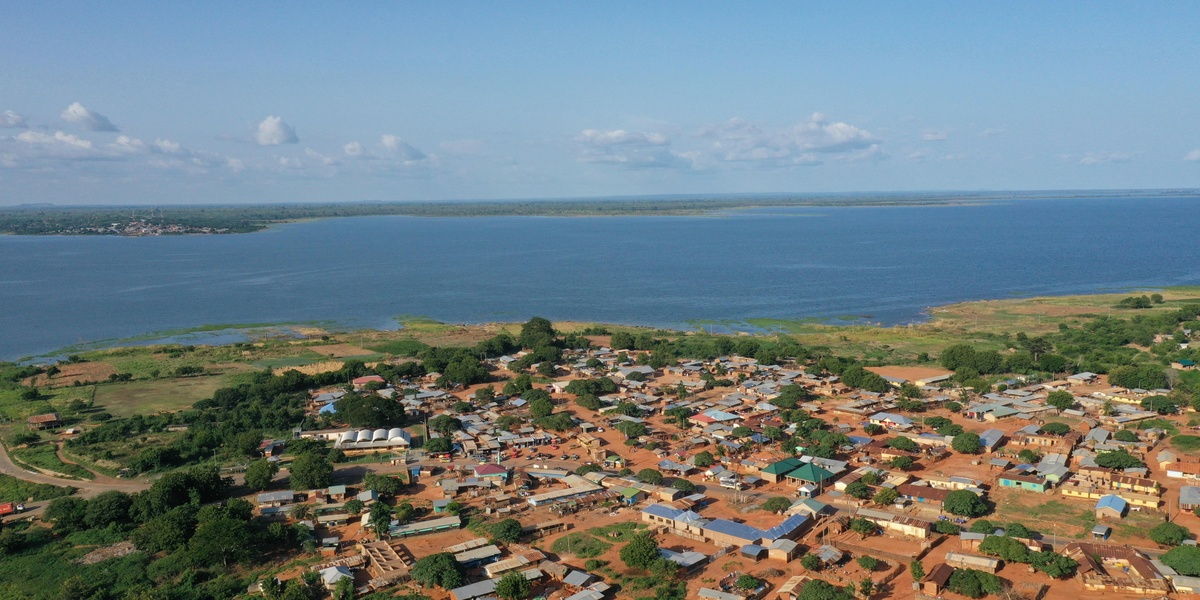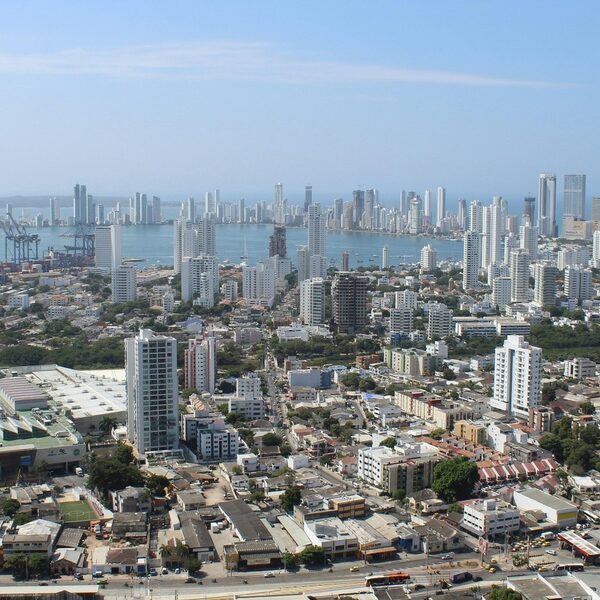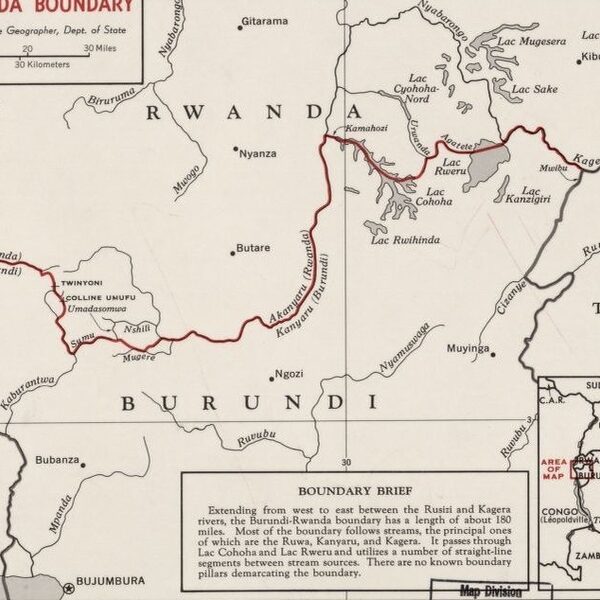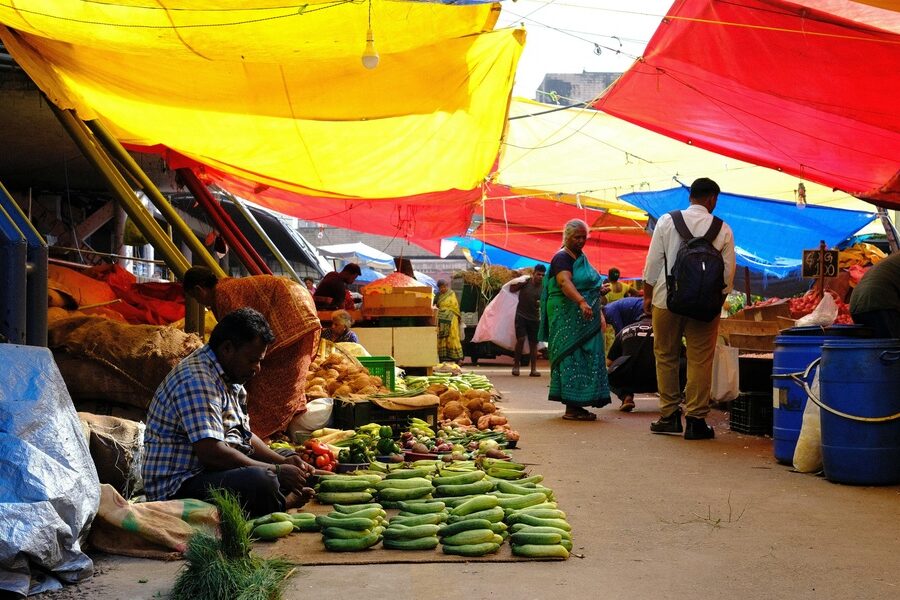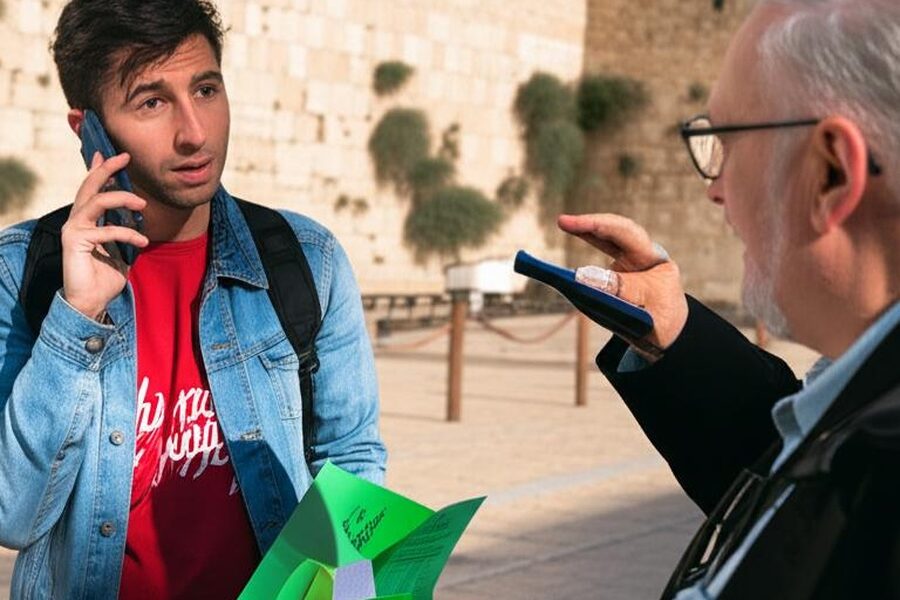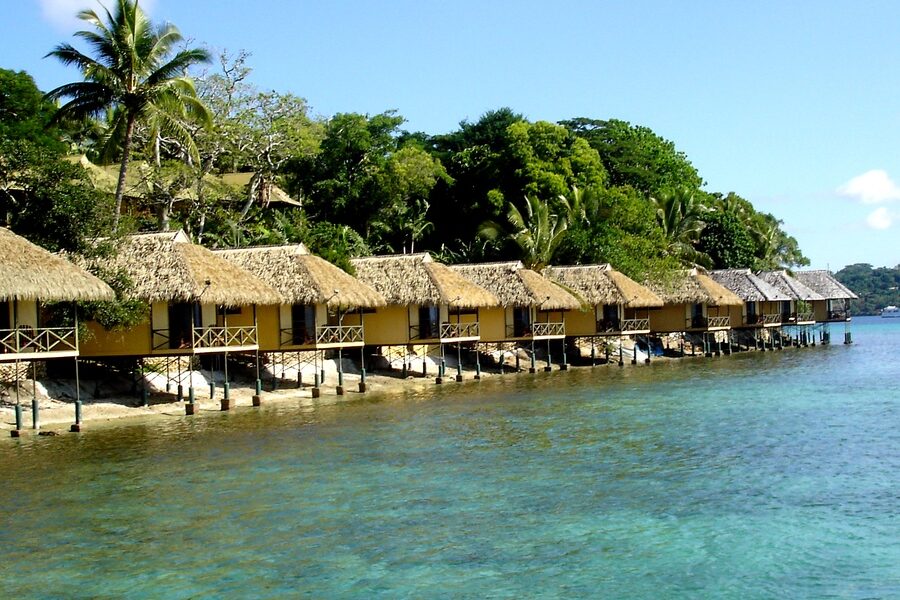Exploring Guinea-Bissau offers a rich tapestry of West African culture, stunning landscapes, and vibrant markets. To truly immerse yourself and connect with locals, a few key phrases can make all the difference in turning a good trip into an unforgettable experience.
To help you navigate and enhance your journey, we’ve compiled a list of 68 Useful Phrases for Tourists in Guinea-Bissau. Ranging from the welcoming “A konta, pur favor” (How are you, please?) to the practical “Unde ki…?” (Where is…?) for directions, these expressions are designed to help you connect meaningfully. Each entry provides the phrase in its original language, a pronunciation guide, and its English meaning, all presented clearly for you below.
What is the primary language spoken by locals in Guinea-Bissau?
While Portuguese is the official language of Guinea-Bissau, the most widely spoken language by locals, especially in everyday interactions and markets, is Guinea-Bissau Kriol (also known as Crioulo). Learning a few phrases in Kriol will significantly enhance your experience and help you connect more deeply with the local culture and people.
Why is it helpful for tourists to learn basic phrases in Guinea-Bissau?
Learning even a few basic phrases in Kriol or Portuguese shows immense respect for the local culture and can open doors to warmer, more authentic interactions. It helps with simple transactions, asking for directions, and generally navigating your trip with more confidence, often leading to more genuine experiences beyond the typical tourist path.
Useful Phrases for Tourists in Guinea-Bissau
| Phrase | Language | Pronunciation | English Meaning |
|---|---|---|---|
| Bom dia | Portuguese | bong DEE-ah | Good morning |
| Boa tarde | Portuguese | BOH-ah TAR-dzee | Good afternoon |
| Boa noite | Portuguese | BOH-ah NOY-tuh | Good evening / Good night |
| Olá | Portuguese | oh-LAH | Hello |
| Kuma? | Kriol | KOO-mah? | How are you? |
| N sta bon | Kriol | n-stah BONG | I am fine |
| I bo? | Kriol | ee BOH? | And you? |
| Tudo bem? | Portuguese | TOO-doo beng? | How are you? / Is everything okay? |
| Si | Kriol | see | Yes |
| Nau | Kriol | now | No |
| Pur favor | Portuguese | poor fah-VOR | Please |
| Obrigado / Obrigada | Portuguese | oh-bree-GAH-doo / oh-bree-GAH-dah | Thank you |
| De nada | Portuguese | djee NAH-dah | You’re welcome |
| Diskulpa | Kriol | dees-KOOL-pah | Excuse me / Sorry |
| N ka intendi | Kriol | n-kah een-TEN-dee | I don’t understand |
| Pode falar mais devagar? | Portuguese | PO-djee fah-LAR mys dee-vah-GAR? | Can you speak more slowly? |
| Kuma ku ta txoma bu nomi? | Kriol | KOO-mah koo tah CHO-mah boo NO-mee? | What is your name? |
| Nha nomi é… | Kriol | n-yah NO-mee eh… | My name is… |
| Kantu ki? | Kriol | KAN-too kee? | How much is it? |
| E karu | Kriol | eh KAH-roo | It’s expensive |
| Da-n un diskontu | Kriol | dah-n oon dees-KON-too | Give me a discount |
| N misti… | Kriol | n-MEES-tee… | I want / I would like… |
| Unde ki…? | Kriol | OON-dee kee…? | Where is…? |
| Kasa di banhu | Kriol | KAH-sah dee BAHN-yoo | Bathroom / Toilet |
| Skeda | Kriol | SKEH-dah | Left |
| Direitu | Kriol | dee-RAY-too | Right |
| Frenti | Kriol | FREN-tee | Straight ahead |
| Para li, pur favor | Portuguese | PAH-rah lee, poor fah-VOR | Stop here, please |
| N sta padidu | Kriol | n-stah pah-DEE-doo | I am lost |
| Iagu | Kriol | YAH-goo | Water |
| Kafé | Kriol | kah-FEH | Coffee |
| Galinha | Kriol | gah-LEEN-yah | Chicken |
| Pexi | Kriol | PEH-shee | Fish |
| Arus | Kriol | ah-ROOS | Rice |
| A konta, pur favor | Portuguese | ah KOHN-tah, poor fah-VOR | The bill, please |
| Staba sabi | Kriol | STAH-bah SAH-bee | It was delicious |
| N ten fomi | Kriol | n-teng FOH-mee | I am hungry |
| N ten sedi | Kriol | n-teng SEH-dee | I am thirsty |
| Sodadi | Kriol | soh-DAH-dee | Help! |
| N meste un dotor | Kriol | n-MESS-teh oon doh-TOR | I need a doctor |
| Unde ki farmásia? | Kriol | OON-dee kee far-MAH-see-ah? | Where is the pharmacy? |
| Unde ki hospital? | Kriol | OON-dee kee oh-spee-TAL? | Where is the hospital? |
| Txoma pulísia | Kriol | CHO-mah poo-LEE-see-ah | Call the police |
| Un | Kriol | oon | One (1) |
| Dus | Kriol | doos | Two (2) |
| Tres | Kriol | tres | Three (3) |
| Kator | Kriol | KAH-tor | Four (4) |
| Sinku | Kriol | SEEN-koo | Five (5) |
| Dies | Kriol | dees | Ten (10) |
| Un mil | Kriol | oon meel | One thousand (1,000) |
| Ami | Kriol | ah-MEE | I / Me |
| Abo | Kriol | ah-BOH | You |
| Nô bai | Kriol | no BIGH | Let’s go |
| N ka sabe | Kriol | n-kah SAH-bee | I don’t know |
| Kal ki bu misti? | Kriol | kal kee boo MEES-tee? | Which one do you want? |
| Es li | Kriol | es LEE | This one |
| Kuidadu | Kriol | kwee-DAH-doo | Be careful / Watch out |
| Dja | Kriol | djah | Okay / Already / Done |
| Manhan | Kriol | man-YAN | Tomorrow |
| Oji | Kriol | OH-jee | Today |
| Konbersu | Kriol | kon-BER-soo | Conversation / To chat |
| Moransa | Kriol | moh-RAN-sah | Friendliness / Hospitality |
| Toca-toca | Kriol | TOH-kah TOH-kah | Shared taxi |
| Posu falâ ku bo? | Kriol | POH-soo fah-LAH koo boh? | Can I talk to you? |
| N kré un quartu | Kriol | n-kreh oon KWAR-too | I would like a room |
| Pa un noti / Dus noti | Kriol | pah oon NOH-tee / doos NOH-tee | For one night / Two nights |
| Ten Internet? | Kriol | teng een-ter-NET? | Is there Internet? |
| Sin, n sta bon | Portuguese | seeng, n-stah BONG | Yes, I am fine |
Images and Descriptions
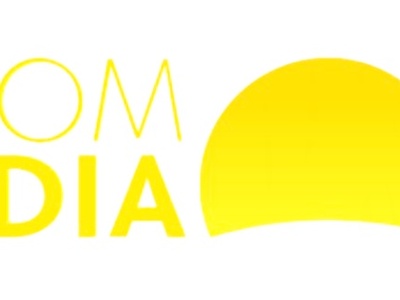
Bom dia
A polite and common greeting used until noon. It’s universally understood and appropriate in both formal and informal situations, from your hotel reception to a market stall. Shows respect and a willingness to engage.

Boa tarde
Used as a standard greeting from noon until around 6 PM or sunset. Like “Bom dia,” it’s a polite and widely recognized phrase suitable for any interaction during the afternoon hours.

Boa noite
This versatile phrase is used both as a greeting in the evening and as a way to say goodbye at night. Use it when entering a restaurant for dinner or when parting ways for the evening.

Olá
A simple and universally understood “hello.” It’s slightly more formal than the common Kriol greetings but is perfect for getting someone’s attention politely or when you are unsure which greeting to use.

Kuma?
This is the quintessential Kriol greeting you’ll hear everywhere. It’s friendly, informal, and the best way to start a casual conversation. It literally means “How?” but is used to mean “How are you?”.

N sta bon
The standard and most common response to “Kuma?”. It’s a positive and simple way to let someone know you are doing well. Often, the question will be returned to you with “I bo?” (And you?).
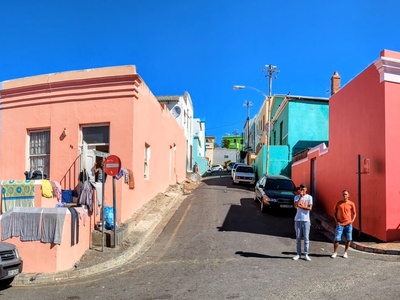
I bo?
After responding that you are fine (“N sta bon”), it is polite and conversational to ask this question back. It shows you are interested in the other person’s well-being and keeps the friendly exchange going.

Tudo bem?
A common Portuguese greeting similar to “How are you?”. The typical response is also “Tudo bem.” It’s slightly more formal than “Kuma?” but still very common and friendly in daily use.

Si
The Kriol word for “yes.” It’s simple, direct, and essential for answering basic questions. You will hear and use this constantly in everyday interactions across the country.
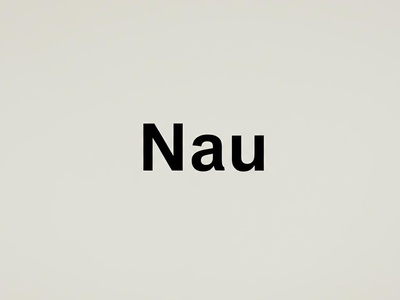
Nau
The Kriol word for “no.” Just as essential as “Si” (yes), this is a clear and direct way to refuse something or answer a question negatively. It is understood by everyone.
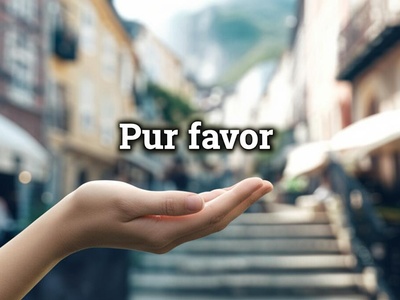
Pur favor
A crucial phrase for being polite. Use it when making a request, ordering food, or asking for help. Adding “pur favor” to your requests is a sign of respect and will be greatly appreciated.
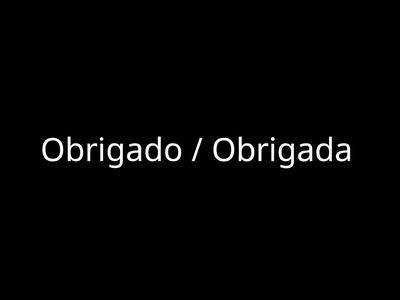
Obrigado / Obrigada
An essential phrase of courtesy. Men say “Obrigado,” and women say “Obrigada.” Using this generously for any service or kindness is a key part of polite interaction in Guinea-Bissau.
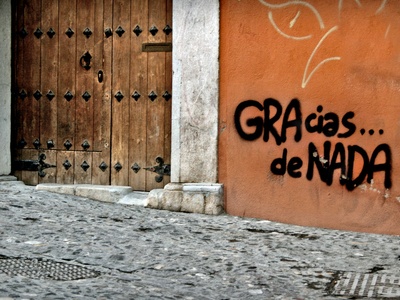
De nada
The standard and polite response after someone thanks you. If a local helps you and you say “Obrigado/Obrigada,” this is the reply you will most likely hear. It’s a friendly and gracious acknowledgment.

Diskulpa
A versatile word used to get someone’s attention, to apologize for a small mistake, or to squeeze past someone in a crowded area. It covers both “excuse me” and “sorry” in most contexts.
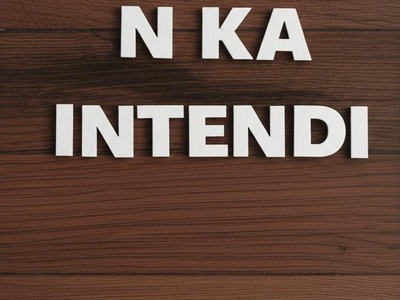
N ka intendi
A very useful phrase when you are struggling with the language. Saying this will signal to the speaker that they may need to slow down, simplify their words, or use gestures to help you understand.

Pode falar mais devagar?
If someone is speaking too quickly in Portuguese, this is the polite way to ask them to slow down. It shows you are trying to understand and just need a little help with the pace.

Kuma ku ta txoma bu nomi?
A friendly, informal way to ask someone their name in Kriol. It’s a great way to make a personal connection and show genuine interest in the people you meet.
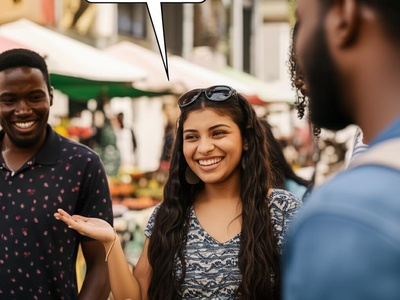
Nha nomi é…
This is how you introduce yourself in Kriol. Use it after you’ve been asked your name or when you want to initiate an introduction. It’s a fundamental phrase for making new friends.

Kantu ki?
Absolutely essential for shopping in markets or buying anything without a fixed price tag. This simple question opens the door to finding out the cost and potentially bargaining for a better price.
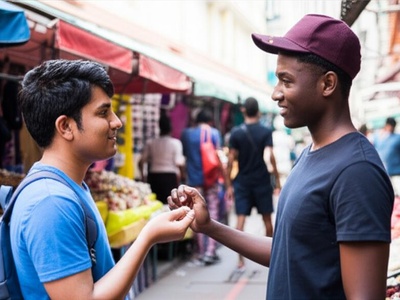
E karu
A key phrase in bargaining. Saying this politely after hearing a price can signal to the vendor that you find the price too high and would like to negotiate for a lower one.
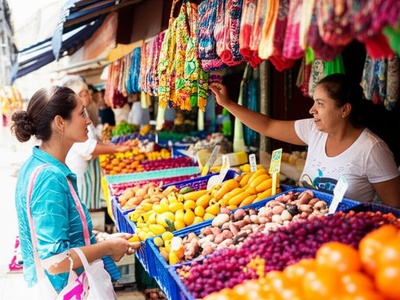
Da-n un diskontu
A direct but common way to ask for a better price when shopping in markets. It’s part of the expected bargaining culture, so don’t be shy to use it with a smile.

N misti…
A direct and widely used phrase for stating what you want, whether you are ordering food or pointing to an item you wish to buy. For example, “N misti iagu” (I want water).
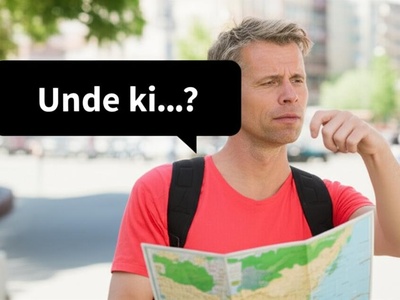
Unde ki…?
The most important question for navigation. Use it to ask for directions to any location. Follow it with your destination, for example, “Unde ki kasa di banhu?” (Where is the bathroom?).

Kasa di banhu
A crucial phrase for finding facilities. Whether you’re in a restaurant, a bus station, or a public area, knowing how to ask for the bathroom is a practical necessity for any traveler.
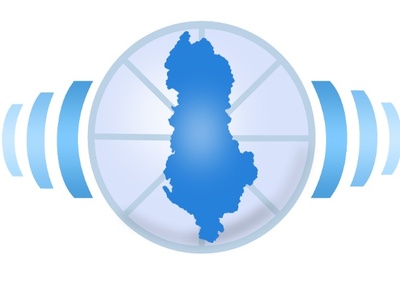
Skeda
Essential for understanding or giving directions. If you ask for directions, you will likely hear this word. Remember it along with “direitu” (right) to navigate effectively.
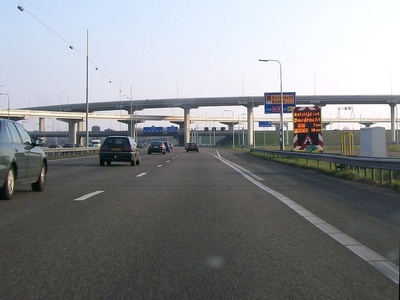
Direitu
The companion to “skeda” (left). Knowing these two words is fundamental for following directions given by locals. Listen for them after asking “Unde ki…?”.
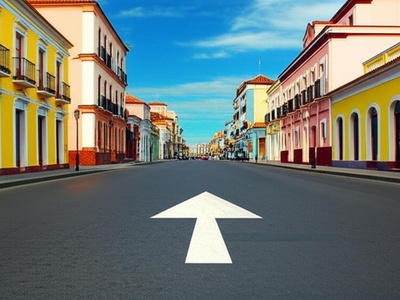
Frenti
When getting directions, this tells you to continue forward without turning. It’s a simple but vital piece of vocabulary for finding your way around town on foot or in a taxi.
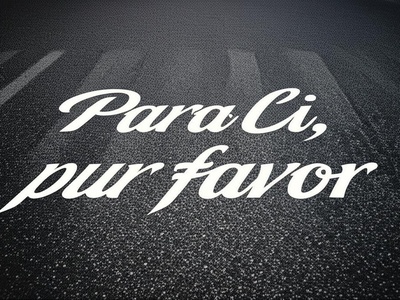
Para li, pur favor
The perfect phrase to use in a taxi or “toca-toca” (shared taxi) when you have reached your destination. It’s a polite way to ask the driver to pull over and let you out.

N sta padidu
If you’ve lost your bearings, this is a clear and simple way to let someone know you need help. Locals are generally very friendly and will often go out of their way to point you in the right direction.

Iagu
An essential word, especially in a hot climate. Use “N misti iagu” (I want water) to order it at a restaurant or buy it from a shop. Specify “iagu di garrafa” for bottled water.

Kafé
Coffee is a popular drink. Use this word to order it at a cafe or restaurant. You might be asked “ku asukar?” (with sugar?) or “ku leti?” (with milk?).
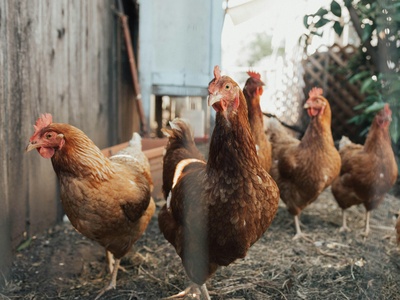
Galinha
A common item on many menus. If you’re looking for a chicken dish, this is the word to know. You can say “N misti galinha” when ordering your meal at a local eatery.
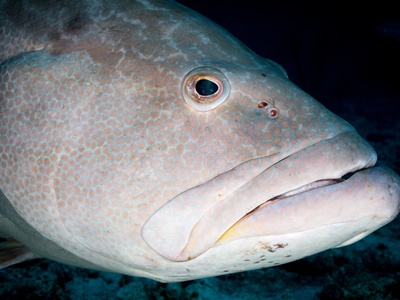
Pexi
Given Guinea-Bissau’s extensive coastline, fish is a staple of the local diet and is often fresh and delicious. This is a key word for any food lover looking to try local cuisine.
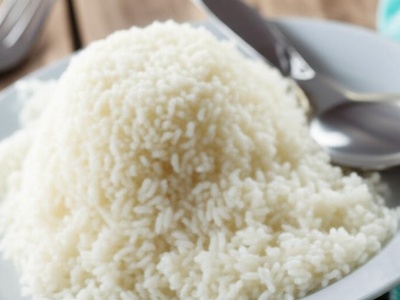
Arus
Rice is the primary staple food and accompanies most meals in Guinea-Bissau. When you order a main dish of fish or chicken, it will almost always be served with a generous portion of rice.

A konta, pur favor
When you have finished your meal and are ready to pay, use this polite Portuguese phrase to ask the waiter for the bill. It’s universally understood in restaurants and cafes.
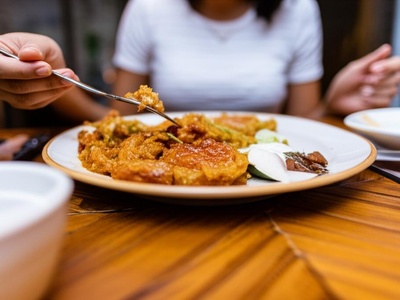
Staba sabi
A wonderful compliment to give to the cook or your host after a meal. Expressing that you enjoyed the food is a warm and appreciated gesture that will be met with smiles.

N ten fomi
A simple and direct way to express that you’re ready to eat. You can use this when talking with friends or when looking for a place to have a meal.

N ten sedi
Equally important as “N ten fomi” (I am hungry), especially in the tropical heat. Use this to let someone know you need a drink, often followed by “N misti iagu” (I want water).

Sodadi
This is the word to shout if you are in immediate danger or need urgent assistance. It is a universal distress call that will get the attention of those around you.

N meste un dotor
An essential phrase for a medical emergency. If you are feeling unwell or have been injured, this is the clearest way to ask for medical assistance.

Unde ki farmásia?
For minor health issues, you may need to find a pharmacy. This question will help you get directions to the nearest place to buy medicine or first-aid supplies.
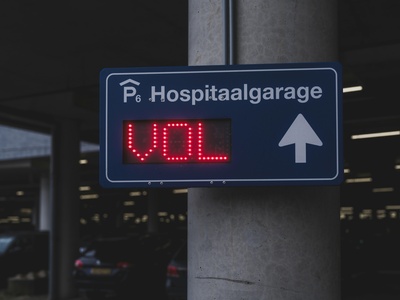
Unde ki hospital?
In a more serious medical situation, this is the critical question to ask to find the nearest hospital for treatment. Locals will be able to direct you quickly.

Txoma pulísia
This is a crucial phrase for any security emergency, such as a theft or an accident. It’s a direct command to ask for law enforcement to be contacted on your behalf.

Un
The number one. Essential for buying single items or for starting to count. Numbers are fundamental for shopping, telling time, and many other daily activities.

Dus
The number two. Useful when ordering two drinks, buying two of an item, or indicating the number of people in your party at a restaurant.
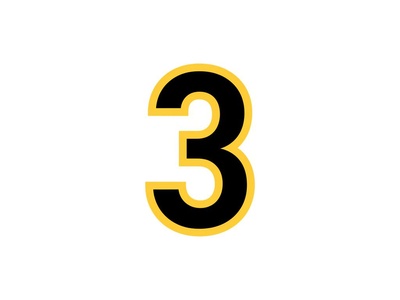
Tres
The number three. Knowing the basic numbers is incredibly helpful for negotiating prices, understanding quantities, and communicating basic information clearly.
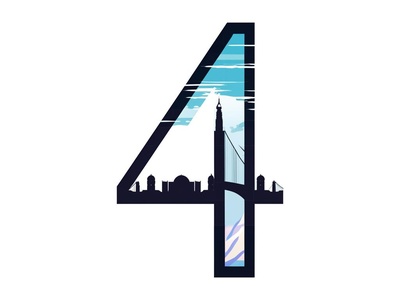
Kator
The number four. Continue building your number vocabulary to handle simple transactions and requests without confusion.

Sinku
The number five. Often used when dealing with money, as many prices will be in multiples of five.

Dies
The number ten. A key number for understanding prices and counting money.
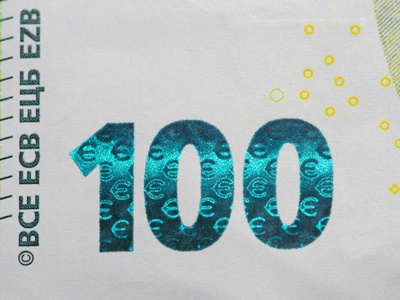
Un mil
An important number for currency, as prices for larger items or services will be in the thousands of West African CFA francs (XOF).

Ami
The Kriol word for “I” or “me.” It’s a basic building block for forming simple sentences, such as “Ami sta bon” (I am fine).

Abo
The Kriol word for “you” (singular). It’s fundamental for asking questions like “I bo?” (And you?) and for general conversation.

Nô bai
A common and friendly phrase used to suggest moving on or starting a journey. You might say it to your taxi driver when you’re ready to leave or to friends when it’s time to head to the next spot.

N ka sabe
A simple and honest response when you don’t have the answer to a question. It’s a perfectly acceptable and useful phrase in many situations.
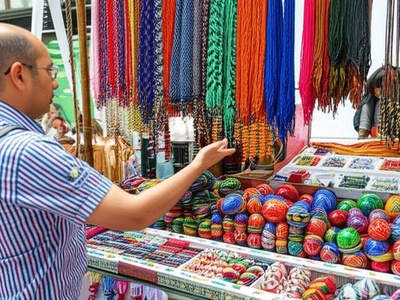
Kal ki bu misti?
A question you might be asked by a vendor when you are looking at several items. It helps you specify your choice. You can simply point and say “Es li” (This one).
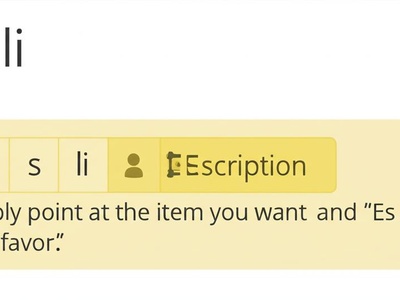
Es li
A very useful phrase when shopping or ordering. Simply point at the item you want and say “Es li” to indicate your choice clearly, often followed by “pur favor”.

Kuidadu
A helpful warning you might hear from a local. It could be about a slippery surface, an uneven road, or a potential danger. Heed this advice when you hear it.
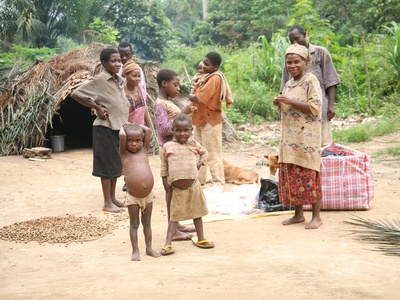
Dja
A very common and versatile word. It can mean “okay” in agreement, or indicate that an action is finished. For example, “Dja, n intendi” (Okay, I understand).
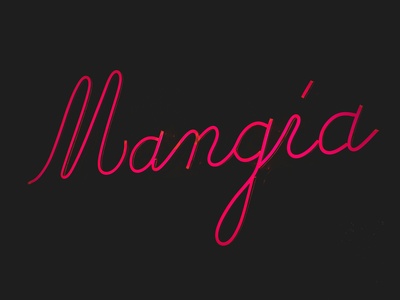
Manhan
Useful for making plans or understanding when something will be available. For example, you might be told to come back “manhan” if a shop is closing.
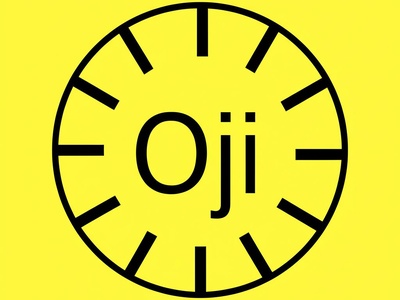
Oji
Helps to specify time when making appointments or asking about opening hours. It provides clarity and helps avoid misunderstandings about timing.
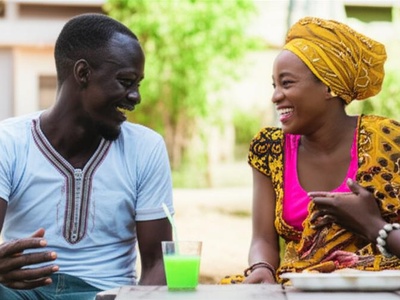
Konbersu
This word embodies the friendly and social nature of Guinean culture. People enjoy a good “konbersu,” and taking a moment to chat is often more important than rushing a transaction.
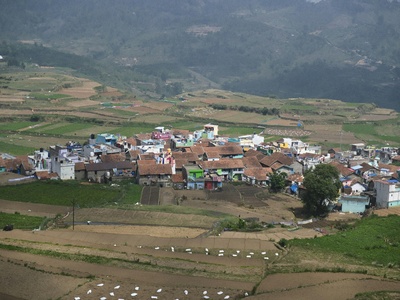
Moransa
This concept is central to Guinean culture. It refers to the warm, welcoming, and hospitable nature of the people. Experiencing “moransa” is one of the great joys of visiting.
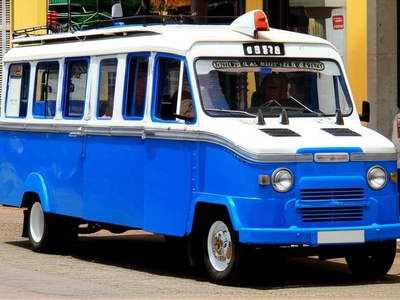
Toca-toca
This is the name for the blue and white minibuses or cars that operate as shared taxis on fixed routes. They are a cheap and common way to get around cities and between towns.

Posu falâ ku bo?
A polite way to initiate a conversation or ask for a moment of someone’s time. It’s more respectful than just starting to speak, especially with an older person.

N kré un quartu
An essential phrase if you are looking for accommodation without a prior booking. Use this at a hotel or guesthouse to inquire about availability.
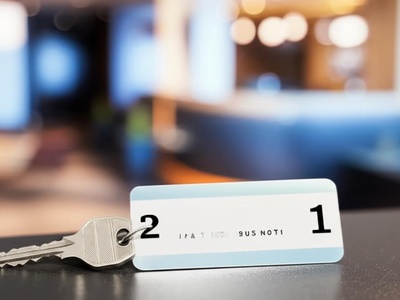
Pa un noti / Dus noti
When booking a room, you’ll need to specify how long you plan to stay. Knowing how to say this for a few nights is very practical for arranging your lodging.

Ten Internet?
A modern but increasingly important question for many travelers. Ask this at your hotel or a cafe to see if they offer Wi-Fi service.
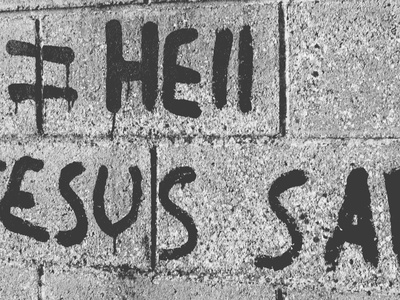
Sin, n sta bon
A mix of Portuguese “Sim” (often pronounced ‘sin’) and Kriol “n sta bon”. This kind of code-switching is very common, showing the fluid nature of language use in the country.

